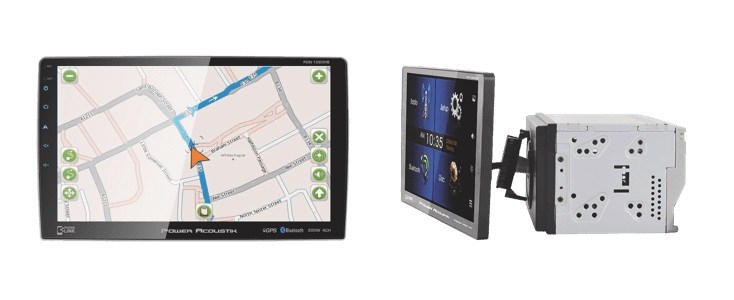Different Types of Industrial Tires

Whether it’s in a warehouse or a workshop, the industrial industry utilizes several specialized tools to effectively complete work while optimizing safety. Many of these tools are equipped with the best-grade accessories to ensure efficiency and longevity. Each with different characteristics and uses, it’s important for professionals to know which ones to equip for specialized jobs. These are some of the different types of industrial tires you can find on a job site.
Cushion Tires
Formed from solid rubber, cushion tires are made to give the driver better control and stability while driving an industrial vehicle. When equipped, they tend to sit lower against the ground, giving a vehicle a smaller turn radius. This makes them great for maneuvering between indoor hazards, such as stock shelves. In addition, these tires are also available in non-marking models that promote a cleaner work environment.
Pneumatic Tires
Unlike cushion tires, pneumatic tires are filled with air and offer more shock absorption against rougher terrain. As such, they’re typically used on outdoor industrial vehicles that carry heavier loads. The treads on these tires are often cut very deep to assist with traction and to allow the rubber to adjust accordingly to the road conditions.
Solid Pneumatic Tires
Grooved like pneumatic tires, but solid-rubber like cushion tires, solid pneumatic tires offer a healthy balance of characteristics. This means they’re often used on dual terrain vehicles that transport goods both indoors and outdoors. In having a balanced tire equipped for these jobs, drivers can transition between different conditions without stopping to make adjustments.
Polyurethane Tires
Polyurethane tires are like cushion tires in that they don’t have treads and work better on indoor vehicles. However, they’re made from a polyurethane material rather than solid rubber, making them lighter and more resistant to rolling. Since this material doesn’t dry out like rubber, it’s also more resistant to splitting, tearing, or chunking under pressure from a heavy load.





